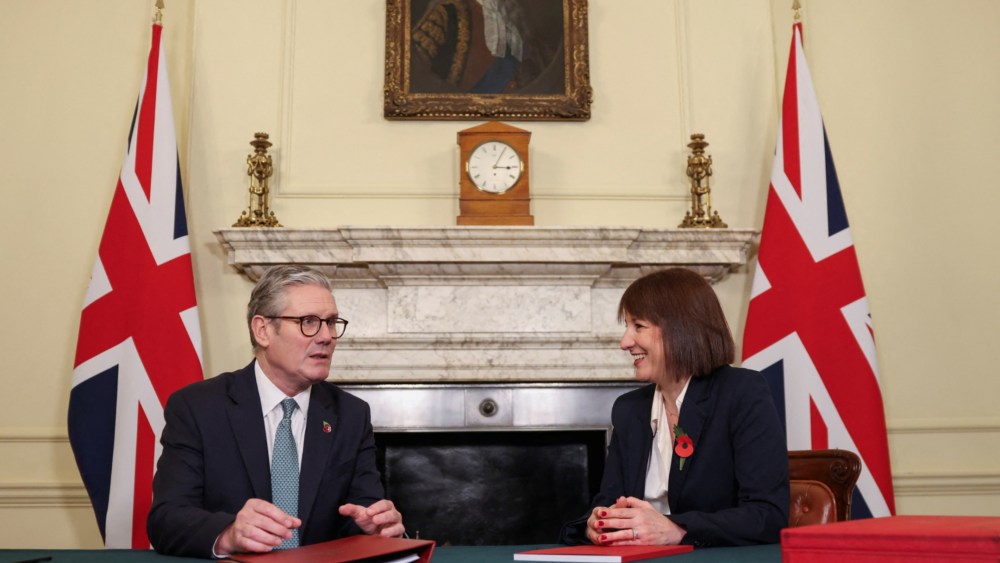The Labour Party’s first budget has brought mixed results for the U.K. entertainment industry.
While the film and TV sector welcomed an increase in the tax incentive for VFX spend, grassroots music venues have been hit by a huge reduction in the amount of tax relief they enjoy, potentially putting a number at risk. U.K. Screen, which represents the country’s VFX, post and animation industries, have suggested the change could result in a spend increase of 45% — an extra £175 million per year – and create over 2,800 new jobs.
Reeves also committed £3 million towards a program aiming to introduce school children to careers in the arts, £40 million into apprenticeships with a new “growth and skills levy” and continuing funding for the U.K. Games Fund and Create Growth Programme.
Chancellor of the Exchequer Rachel Reeves used the fall budget to confirm that from April 1, 2025 spend on VFX in the U.K. will benefit from an additional rate of relief, which was raised from 25.5% net to 29.25%. (Costs incurred from Jan. 1, 2025 will also be eligible). The relief will also be exempt from the overall audio-visual expenditure credit’s 80% cap on qualifying expenditure. Generative AI costs will be included in the overall VFX tax credit enhancement after initial plans to exclude it were met with disapprobation.
“Today’s confirmation of the VFX tax credit increase doubles down on U.K. strengths and will drive up investment,” said Adrian Wootton, CEO of the British Film Commission. “It is not only welcome, but essential to support our sector and wider U.K. growth.”
Mel Sullivan, CEO of VFX studio Framestore, which has worked on tentpoles including “Beetlejuice Beetlejuice” and “Fall Guy,” said: “It’s heartening to see such a vote of confidence in the VFX sector from the U.K. government, and we look forward to working with them to ensure our industry goes from strength to strength.”
Ben Roberts, CEO of the British Film Institute, said: “Today’s Budget announcement introducing additional tax relief for visual effects work in the U.K. is great news for our industry and wider creative industries within a highly competitive sector internationally.
Reeves also confirmed a promised £25 million investment for film studios in the North of England would go ahead as planned. The money, originally earmarked by the previous Conservative administration, will be allocated via the North East Combined Authority to the Crown Works Studios development in Sunderland, which aims to create 8,000 jobs in the region. The studio complex is a joint venture between “The Kardashians” producer Fulwell 73 and investment firm Cain International.
“We welcome the Government’s commitment to supporting studio infrastructure across the U.K.’s four nations and regions,” said Wootton.
However there was disappointment across the music industry after Reeves revealed that a business premises tax discount applied to grassroots venues would be slashed by almost half from April 1, 2025. The current discount of 75% has been reduced to just 40%, a move which Mark Davyd, CEO of Music Venue Trust, said places more than 350 such venues at immediate risk of closure with a knock-on effect on over 12,000 jobs.
“The immediate impact is to create a demand for £7 million in additional premises taxes from a sector that, in 2023, returned an entire gross profit across all 830 such venues in the U.K. of just £2.9 million,” said Davyd, pointing out that 43% of grassroots music venues in the U.K. made a loss in 2023.
The government said it plans to implement a permanent decrease in business rates to ease the burden on entertainment venues (including cinemas) in April 2026 but Davyd said these would be “of no use for the hundreds of music venues that are now likely to be lost before this challenge is finally met with a full, long overdue reform.”

